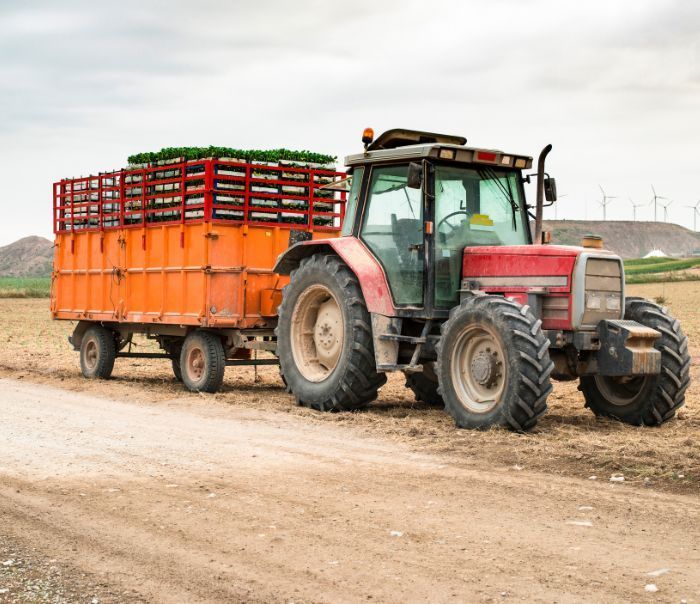Read The Latest News From Us
Blogs


Is Your Farm Truck Covered Off-Road? What Texas Farmers Need to Know About Commercial Auto Insurance
Search
Latest News

Read The Latest News From Us



4216 Wesley St. Greenville, TX 75401
Mon - Fri: 8:00am - 5:00pm
The information on this website is provided for informational purposes only. Nothing on this website should be construed as a solicitation, proposal, offer, recommendation, endorsement, or advice regarding any insurance product. The information on this website is of a general nature and is not intended as a substitute for individual consultation with a licensed insurance professional. In no event will we undertake to advise you regarding your need for any insurance product. You are responsible for determining what insurance products you need and in what amounts, based on your unique exposure to risks and ability to bear losses. Not all insurance programs are available in all states.
All Rights Reserved | MFI Agency | Privacy Policy | Legal Disclaimer | Sitemap | Insurance Licensing | Built & SEO'd by Convirtue